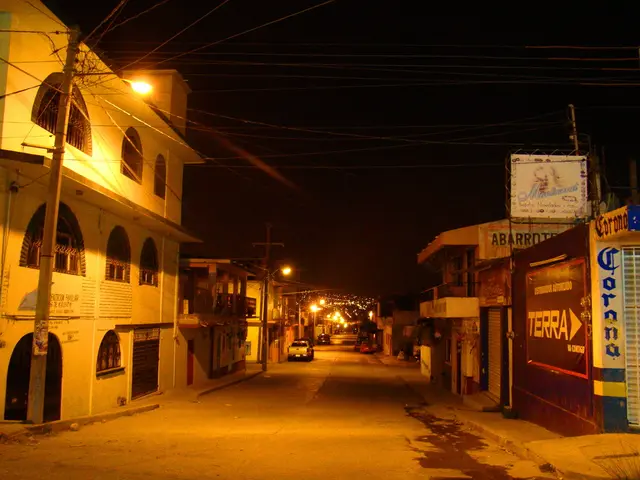Sabah Pioneers Sustainable Palm Oil with 2025 Certification Goal
Sabah, a Malaysian state, is pioneering a jurisdictional approach to sustainable palm oil production. By 2025, it aims to certify all its palm oil as sustainable, with a focus on helping smallholders gain access to the lucrative Western markets.
The Sabah government's commitment in 2015 was driven by forward-thinking individuals within the forestry department and civil society. They believed adopting the Roundtable on Sustainable Palm Oil (RSPO) standard would improve practices across the state.
Obtaining RSPO certification can boost farmers' profitability, but the process has proven challenging. Out of an estimated 30,000 smallholders, only 885 have been certified. To tackle this, the LKSS growers' cooperative was established in the Tawau region. In May, it became the first in Malaysia to achieve group certification, with 25 members benefiting from training in sustainable practices, health and safety, and labor laws.
The cooperative, supported by WWF Malaysia, has grown to 380 members. It charges a small fee of 1 ringgit (0.21 cents) per metric ton of production, with larger landholders effectively subsidizing smaller growers. These funds cover operational costs and support training. Proponents hope that RSPO certification will open up better market access for these smallholders in big Western export markets, such as the EU and U.S.
Sabah's jurisdictional certification pilot is making progress, with the first group of smallholders in Tawau achieving RSPO certification. The LKSS cooperative, supported by WWF, is playing a crucial role in training and certifying these farmers. As the deadline of 2025 approaches, the state continues to work towards its ambitious goal of 100% sustainable palm oil production.
Read also:
- Munich Airport Unveils Its New Electrical Vehicle Charging Parksite
- Meteorologist Predicts Major Hurricane for Northeast U.S. by 2030
- Vehicle electrification and bidirectional charging technologies could potentially reduce EU energy expenses by a staggering €22 billion annually by the year 2040.
- Rapid Construction of Rajasthan's 435 Megawatt Solar Power Plant in Eight Months Reduces Carbon Dioxide Emissions by Over 700,000 Tons








